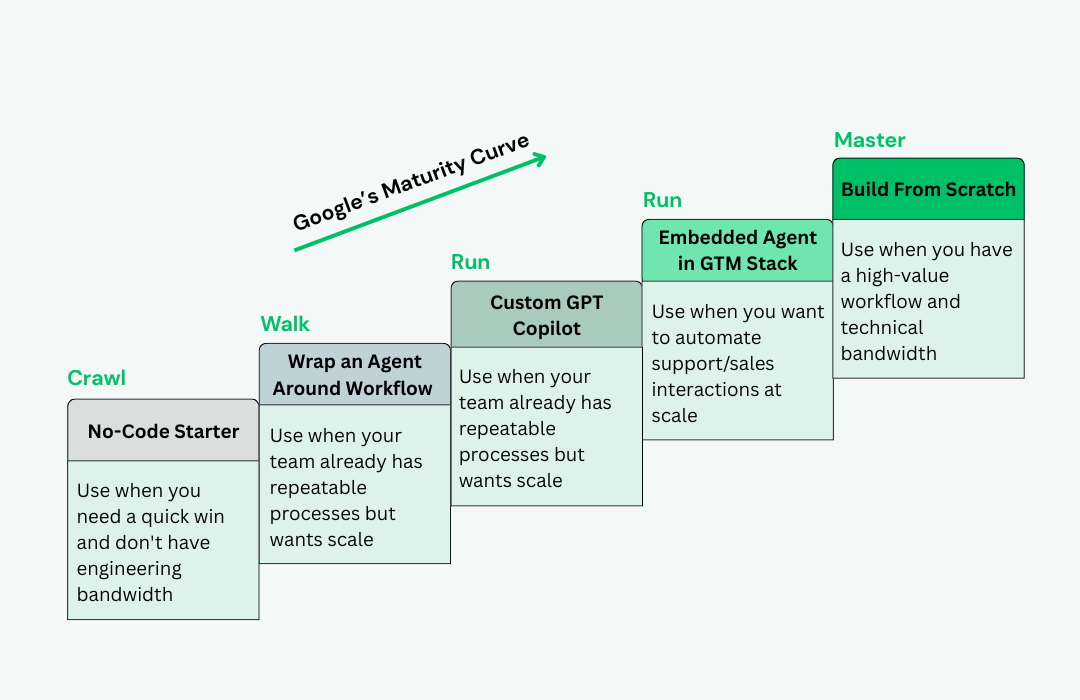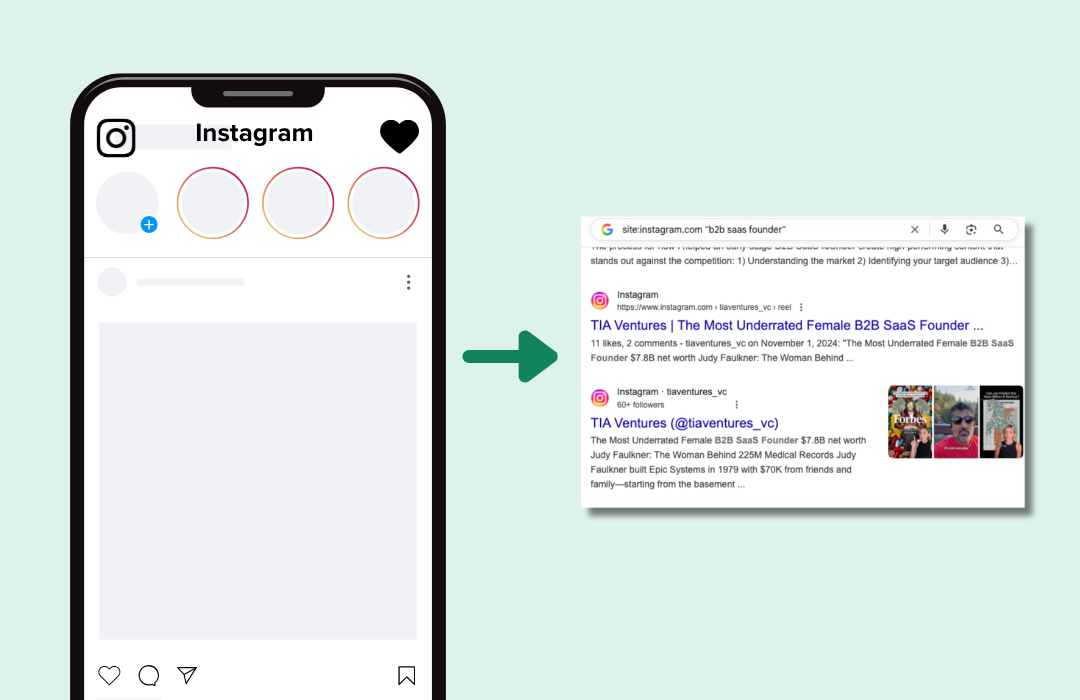This week on the Sales Hacker podcast, we talk to Brian Birkett, the SVP of sales at LeanData.
Brian is a long time sales executive and sales leader. He’s responsible for leading global revenue at LeanData. He brings a diverse background in sales management experience spanning from startups to large public companies in both field and inside sales.
If you missed episode 44, check it out here: PODCAST 44: From Sales Engineer at Salesforce to building a $100M company w/ Travis Bryant
What You’ll Learn
- The tenets of a great sales culture
- How to manage an SDR team and working with a 1:1 ratio between SDRs and AEs
- Why sales leaders shouldn’t be typecast into revenue ranges
- The importance of giving up-and-coming salespeople an opportunity to stretch and grow
- How to use quota to drive outcomes and results
Subscribe to the Sales Hacker Podcast
Show Agenda and Timestamps
- Show Introduction [00:09]
- About Brian Birkett: An Introduction [04:04]
- How Do You Set Up a Salesperson for Success? [18:06]
- How Do You Set Sales Quotas: Psychologically or Financially? [22:00]
- Should You Work at Early-Stage Ventures? [23:35]
- What Startup “Wisdom” Is BS? [27:04]
- Matching Experience With Hustle [33:39]
- Sam’s Corner [45:15]
Sales Hacker Podcast—Sponsored by Chorus and Outreach
Sam Jacobs: Hi everybody, it is Sam Jacobs. Welcome to the Sales Hacker Podcast. Today we’ve got a great show. We’ve got Brian Birkett, the SVP of sales at LeanData. LeanData is an infrastructure company that sits between your marketing automation and Salesforce and helps to ensure lead-to-account routing and mapping. He’s now been at LeanData for five and a half years and he talks to us about what, why, and how he builds and leads great teams, and why his top performing reps are all people that came in as SDRs.
Now of course, we want to thank our sponsors. The first is Chorus.ai. Chorus records, transcribes, and analyzes business conversations in real time to coach reps on how to be become top performers.
Our second sponsor is Outreach.io. They are the leading sales engagement platform. Outreach supports sales reps by enabling them to humanize communication at scale and by automating the soul-sucking manual work.
Outreach is running Unleash 2019. This is the great sales engagement conference, March 10th-12th, in San Diego. Listeners of the pod get $100 off simply for entering the code, SHPOD. Hop over to unleash.outreach.io and use the code.
Finally, I hope that you’ve been nominating people for the Sales Hacker Top 50 awards. Please nominate your colleagues or yourselves. Winners will be featured on this podcast and will receive exciting prizes. You can nominate at saleshacker.com/nominate.
About Brian Birkett: An Introduction
Sam Jacobs: Hey everybody, it’s Sam Jacobs and welcome back to the Sales Hacker Podcast. We’ve got a great show for you today, Brian Birkett, who’s the SVP of sales at LeanData. Brian is a longtime sales executive and sales leader. He’s responsible for leading global revenue at LeanData. Prior to LeanData, he led a team of senior enterprise reps responsible for LinkedIn’s largest west coast customer. Brian, welcome to the show.
Brian Birkett: Thanks for having me. It’s great to be here.
Sam Jacobs: What is LeanData? Tell us about that company.
Brian Birkett: LeanData is the leader in helping you manage your go to market strategy in a platform for revenue ops leaders. We are helping companies through complex lead-to-account matching and sophisticated lead routing and an attribution suite, better automate their go-to-market processes to ensure that leads get to the right reps at the right time every time, and also help marketers better understand the efficacy of their campaigns through deep analytics around campaign attribution and other solutions.
We solve the data moat between leads and accounts.
Sam Jacobs: Walk us through your career and the major milestones.
Brian Birkett: I knew that at some point I wanted to lead a sales team. I came to that conclusion at my first job and I sort of sized up the opportunity and the folks that were working with me and thought, these are people I can spend the next few years with so that I can build a foundation and get that opportunity to manage and build my own team.
From there, I moved into a hybrid inside/outside role, which we called a key account executive working on sort of a mid-tier account. I finally got the opportunity to take over a team while the manager went on maternity leave. It came naturally and I thrived in that role.
It was just sort of like this meteoric rise, where every year, I had a different job. Ultimately I decided that for me to succeed, I wanted to build my own team from scratch.
When the opportunity at LeanData came along, I jumped at it. My heart is in the early stage and I think building something, when there’s no guarantee and you’ve got to figure it out, is really exciting to me.
How Do You Set Up A Salesperson for Success?
Sam Jacobs: What do you think you’re really good at when it comes to leading teams and managing people?
Brian Birkett: I’m able to get the most potential out of an individual. My belief is to set everybody up for success. I can’t make them successful, but I have to give them an opportunity to be successful, and I think that really allowed me to move up.
Sam Jacobs: Give three examples of what it means to put someone in a position to succeed.
Brian Birkett: One, you have to be able to show them how to succeed through training and examples.
Two, you have to have an innate sort of positivity and belief that they can succeed.
Third, ongoing coaching and a level of honesty, so they know if they’re not living up to expectations.
Also, setting the vision for what taking advantage of your potential looks like. Hitting your number is the expectation. Going above it? Let’s celebrate that.
How Do You Set Sales Quotas: Psychologically or Financially?
Sam Jacobs: There are a lot of different theories of quota.
We want 70% quota attainment across the team. Quota is a number I need to put into a financial model that helps me hit my target.
There’s another belief where quota is almost like a psychological number and it needs to relate to the revenue plan, but really looking for 100% quota attainment by rep. I’m looking for everybody to overachieve and as a consequence, the number needs to be low enough to enable that.
Would you say you’re in the first camp or the second camp?
Brian Birkett: I think I straddle the line. What I actually look for is 85% attainment or better across 80% of the team. If everybody’s hitting 100%, your goals are probably too low. As long as that hits your overall 100% team number, I think you’re in good shape. I think it’s a combination of managing to both of those metrics.
Should You Work at Early-Stage Ventures?
Sam Jacobs: What is it about those very early stages of a company that you’re so drawn to?
Brian Birkett: It’s the opportunity to make a true impact. At an earlier stage company, you have a greater opportunity and you can really fail. Having the opportunity to fail forces you to innovate and move quickly. When I joined LeanData, we did not have the product vision we have today and the first product we had, I wasn’t able to sell. I was going to resign, but in the time between when we had the meeting set up with our VC and the time when I had decided that I would leave, this idea pops in my head.
I ran over to the head of product and the head of engineering, and I said, hey, if you can build this, I can sell it. So they built it in like 24 hours and we went out and sold 30 deals for next to nothing. But all we had to do was prove that we were onto something.
That’s as close as I’ve been to my founder moment and at the same time, doing what I love, which is working with people, developing them, and closing deals.
RELATED: The Secret To Sales Success – Sell What You Love
What Startup “Wisdom” is BS?
Sam Jacobs: What’s a commonly held piece of wisdom in startup land that you think is total BS?
Brian Birkett: Every VC and every early stage startup goes through these different phases. There’s 0 to 1, 1 to 5, 5 to 20, or 5 to 10, and sales leaders get typecast as a certain type of leader. Investors are looking to mitigate risk. So they always want to bring in someone from the outside who’s done this before without giving the person that’s been in there an opportunity.
I was really fortunate that when this happened to me, they kept me around. We had brought on a CRO but unfortunately, it didn’t work out and the business actually took a step backward. When I took the team back on, we were able to get things back on track, double the revenue, and put us on a new trajectory.
So I would say to the VCs that are listening, if you have someone that’s really good, give them an opportunity. Don’t just typecast someone without giving them a fair shot.
Matching Experience with Hustle
Sam Jacobs: What’s your perspective on experience versus raw talent versus hustle and how do you build a team?
Brian Birkett: I don’t want to discredit experience. I just think that you shouldn’t overlook the folks that grow up in your organization that have no experience.
Half my AEs today have been promoted from the ADR ranks, and we’ve also promoted three or four ADRs over to the CSM ranks. When you promote internally from ADR to AE, you can start to transition them so you can almost have a fully ramped rep with a pipeline ready to go when you transition them to AE. From a metrics perspective and from a cost perspective, it’s a lot better.
Culturally, it’s phenomenal to be able to take someone, potentially right out of school, who doesn’t have any bad habits, teach them first and foremost about ICP and personas as an ADR, how to connect with people and get in the door, and then take them to the next level and help them understand how to work a sales process, negotiate and close, and demo.
You have to supplement it with people with experience, but if you hire completely from the outside because you need someone with X, Y, Z, you’re overlooking a great resource.
Sam’s Corner
This is Sam’s Corner, another fantastic interview, this time with Brian Birkett, SVP of sales at LeanData. Brian talked a lot about:
- What it means to be a great manager and how he handled that.
- Helping people see the potential for themselves, helping clarify expectations, and putting them in a position to succeed.
- Being put in a position to succeed means getting the right training, getting the right call coaching, and creating a coaching organization.
Don’t Miss Episode 46
Now, if you wanna check out the show notes, see upcoming guests, play more episodes from our incredible lineup of sales leaders, visit gtmnow.com/listen/. You can also find the Sales Hacker podcast on iTunes or Stitcher. If you enjoy this episode, please share with your peers on LinkedIn, Twitter, or elsewhere
If you’ve got a great idea or a guest for the show if you wanna get in touch with me, find me on Twitter or on LinkedIn. Finally, thanks again to our sponsors: Chorus the leading conversation intelligence platform for high growth sales teams, and Outreach the leading sales engagement platform.
I’ll see you next time and I hope to see you in San Diego at Unleash.







